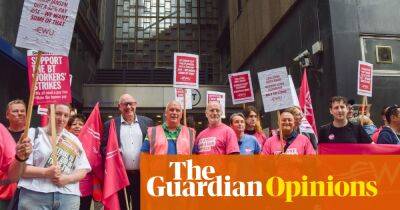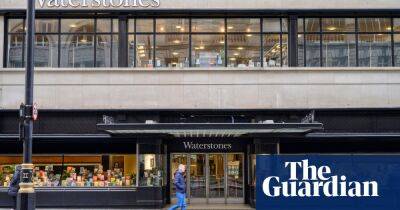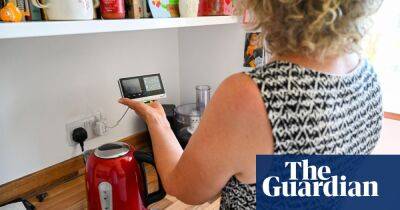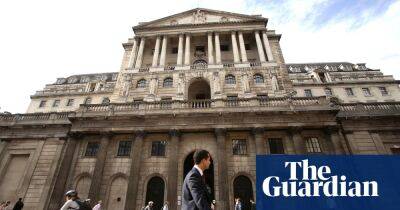Britain has a drinking problem – and the alcohol industry can’t afford to let us kick it
We’ve all heard the refrain: “Britain has a drinking problem.” It’s an issue that long predates the Covid-19 pandemic, but evidence for this claim seems more stark than ever. Millions were drinking at harmful levels while stuck at home during lockdown, and alcohol-caused deaths – mostly from liver disease – soared to a 20-year high in 2020. The closure of vital support services also contributed, with higher rates of relapses and fewer referrals from doctors and hospitals, while large numbers of long-Covid patients are consuming problematic amounts of alcohol, one small study has suggested.
The causes for such patterns seem equally clear: the extreme stress, boredom, trauma and isolation of a protracted and dangerously mismanaged pandemic, in combination with Britain’s deep-rooted drinking culture and general human proclivity for the relaxing properties of alcohol. These demand-side factors are essential to understanding alcohol use here – or anywhere else. Beer, wine and spirits aren’t unilaterally foisted on to the British public, but consumed with enthusiastic participation by drinkers.
But what we’re not talking about nearly enough is the influence of supply-side contributors on our national consumption: namely, the incredibly powerful multinational companies that produce and sell alcohol for enormous profits, including brewers (such as AB InBev and Heineken), distillers (such as Diageo and Pernod Ricard), and both “off-trade” and “on-trade” retailers (such as Tesco and Stonegate, respectively). Alcohol has an extremely long and complex history, but its ever-increasing ubiquity is largely the product of its commodification and deregulation by Big Alcohol.
The industry and its army of trade associations and front groups
Read more on theguardian.com




















